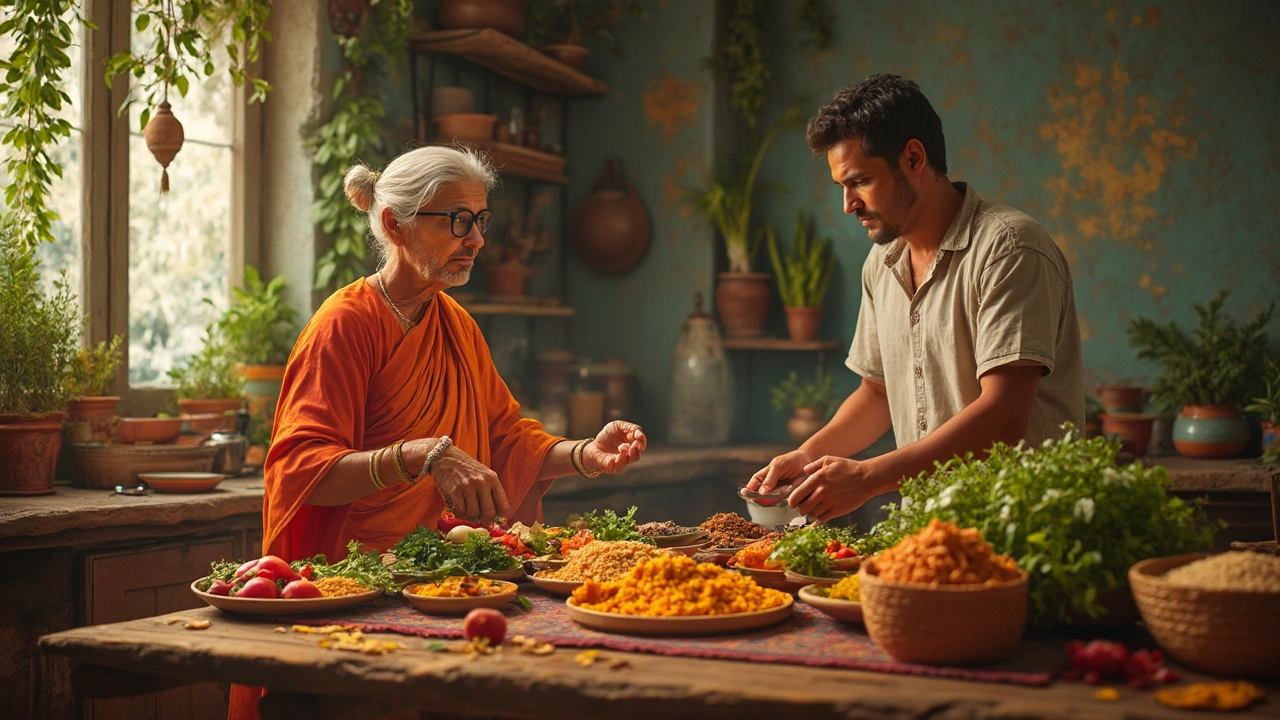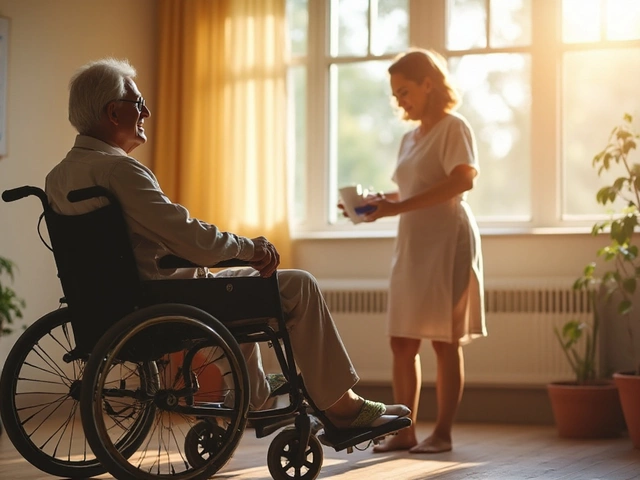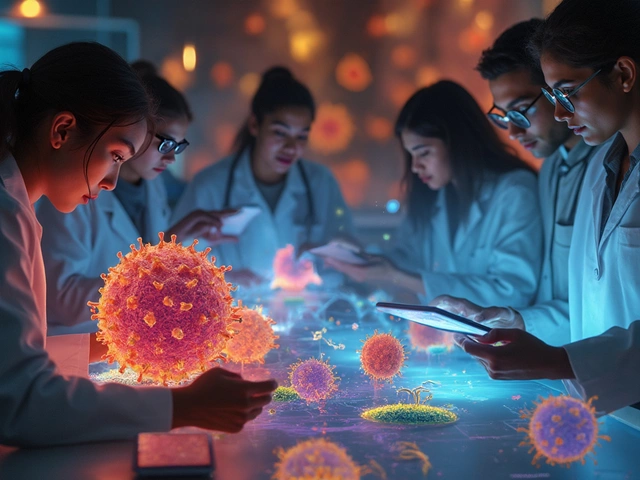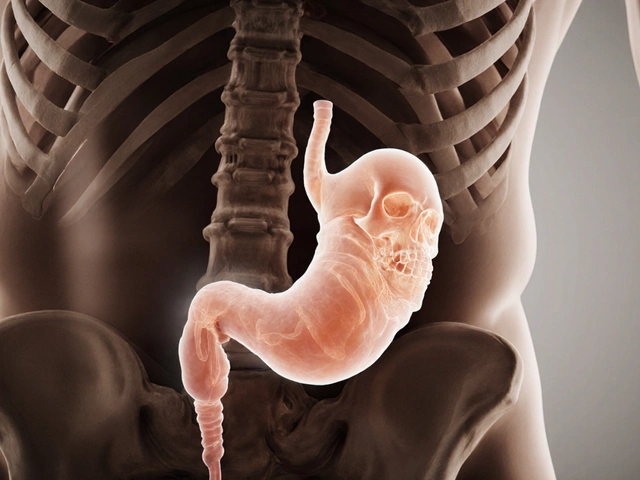Eating Habits That Keep You Safe and Healthy
Ever wonder why some medicines give you headaches or upset stomachs? Often the answer isn’t the drug itself but what’s on your plate. Small changes in the way you eat can cut down side effects, help your body absorb medicines better, and keep you feeling great.
Timing Is Key
Most tablets work best when your stomach isn't empty or too full. Take a pill with a glass of water and a light snack—like a banana, a few almonds, or a slice of whole‑grain toast. If a doctor tells you to take a medicine on an empty stomach, aim for early morning before breakfast or a couple of hours after a meal. Skipping meals or eating right before bedtime can make drugs linger longer, which sometimes heightens nausea or drowsiness.
What to Pair With Your Meds
Some foods boost drug effectiveness, while others can block it. Calcium‑rich items (milk, cheese) can interfere with certain antibiotics, and grapefruit juice can raise the level of many heart medicines. On the flip side, a bit of healthy fat—like a drizzle of olive oil or a few walnuts—helps absorb vitamin‑D supplements and some cholesterol‑lowering pills. When in doubt, ask your pharmacist which foods to avoid.
Staying hydrated is another cheap, easy habit. Water flushes out toxins and carries medicines to where they’re needed. Aim for at least eight glasses a day, and sip steadily rather than gulping large amounts all at once.
Fiber is your gut’s best friend. Whole grains, veggies, and fruits keep digestion moving, which stops medicines from sitting too long in the intestines and causing irritation. A simple habit like adding a spoonful of chia seeds to your morning smoothie can make a big difference.
Finally, watch the salt and sugar. High sodium can raise blood pressure, making some blood‑thinners work harder. Excess sugar spikes blood glucose, which can interact with diabetes meds. Swap sugary drinks for herbal teas or infused water, and choose herbs and spices for flavor instead of salty sauces.
Implementing these eating habits doesn’t require a total diet overhaul. Start with one tip—like drinking a glass of water with every pill—and build from there. Over time you’ll notice fewer side effects, smoother digestion, and maybe even better results from your treatments.
Remember, your body is a team effort between food and medicine. When both play nicely, you stay healthier, stronger, and more in control of your wellbeing.

Ayurvedic Diet: What It Really Means for Your Eating Habits
The Ayurvedic diet goes beyond just the food on your plate—it's about eating in a way that matches your body's unique type and needs. This article breaks down how the Ayurvedic diet works, why it matters, and what kinds of foods actually fit into it. You'll get tips, surprising facts, and a look at how this ancient practice lines up with modern health goals. It's not about hard rules, but about finding balance and making eating feel right for your own body. Whether you're new to Ayurveda or already interested, you'll find clear and useful advice here.




